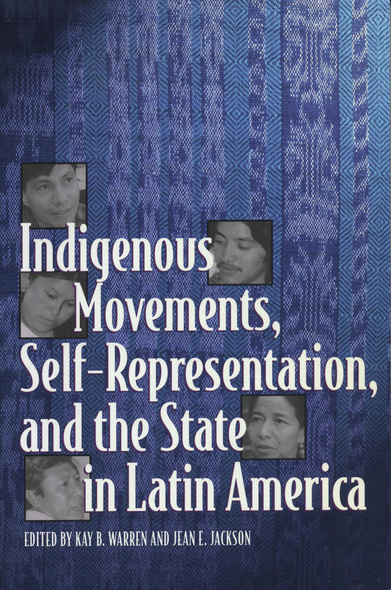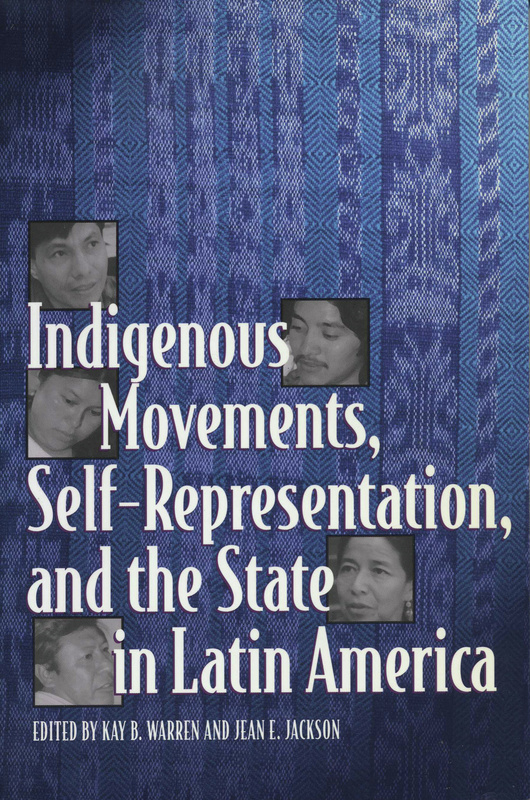Indigenous Movements, Self-Representation, and the State in Latin America
Throughout Latin America, indigenous peoples are responding to state violence and pro-democracy social movements by asserting their rights to a greater measure of cultural autonomy and self-determination. This volume's rich case studies of movements in Colombia, Guatemala, and Brazil weigh the degree of success achieved by indigenous leaders in influencing national agendas when governments display highly ambivalent attitudes about strengthening ethnic diversity.
The contributors to this volume are leading anthropologists and indigenous activists from the United States and Latin America. They address the double binds of indigenous organizing and "working within the system" as well as the flexibility of political tactics used to achieve cultural goals outside the scope of state politics. The contributors answer questions about who speaks for indigenous communities, how indigenous movements relate to the popular left, and how conflicts between the national indigenous leadership and local communities play out in specific cultural and political contexts. The volume sheds new light on the realities of asymmetrical power relations and on the ways in which indigenous communities and their representatives employ Western constructions of subjectivity, alterity, and authentic versus counterfeit identity, as well as how they manipulate bureaucratic structures, international organizations, and the mass media to advance goals that involve distinctive visions of an indigenous future.
In summary, this is an excellent book that I would highly recommend. It is well written and very thought provoking, and is certainly going on the reading lists for at least two of my courses. Though the focus is on Latin America, I think that this would be an enlightening read for anyone interested in indigenous movements in other parts of the world.
[An] important anthology featuring the voices of anthropologists and Indigenous activists from North and South America.
This book fills an important niche. Its focus on movements, the politics of representation, and its anthropological and activist orientation make it unique. Furthermore, it has very timely material and is framed in a manner that fits the reality of globalized indigenous politics in the twenty-first century. I strongly recommend it.
Kay B. Warren is Professor of Anthropology at Harvard University. Jean E. Jackson is Professor of Anthropology at Massachusetts Institute of Technology.
- Acknowledgments
- 1. Introduction: Studying Indigenous Activism in Latin America, Kay B. Warren and Jean E. Jackson
- 2. The Indigenous Public Voice: The Multiple Idioms of Modernity in Native Cauca, David D. Gow and Joanne Rappaport
- 3. Contested Discourses of Authority in Colombian National Indigenous Politics: The 1996 Summer Takeovers, Jean E. Jackson
- 4. The Multiplicity of Mayan Voices: Mayan Leadership and the Politics of Self-Representation, Victor Montejo
- 5. Voting against Indigenous Rights in Guatemala: Lessons from the 1999 Referendum, Kay B. Warren
- 6. How Should an Indian Speak?: Amazonian Indians and the Symbolic Politics of Language in the Global Public Sphere, Laura R. Graham
- 7. Representation, Polyphony, and the Construction of Power in a Kayapó Video, Terence Turner
- 8. Cutting through State and Class: Sources and Strategies of Self-Representation in Latin America, Alcida Rita Ramos
- Contributors
- Index





